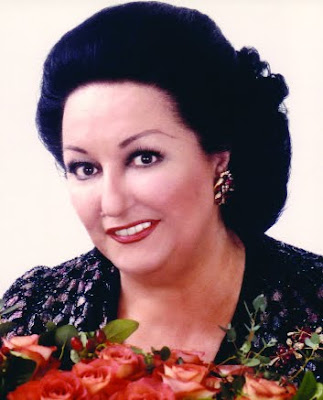 Last night I saw Pelleas et Melisande at the Met. This 1902 Debussy opera is stiflingly atmospheric, grim and ethereal.
Last night I saw Pelleas et Melisande at the Met. This 1902 Debussy opera is stiflingly atmospheric, grim and ethereal.The narrative, about an old prince, his young bride, and her romantic attachment to his brother, has an abstract symbolic quality to it that made it difficult to emotionally connect with.
The music was beautiful and complex, and there were many interesting moments where there were no vocals, just stretches of music where the performers froze in a tableau and the set moved in a circle, hauntingly slow, mesmerizing, aesthetically pleasing, (yet still somehow emotionally alienating).
A few scenes of note: this strange extended moment when Melisande leans awkwardly out a window so that her long, somewhat straggly hair can brush against Palleas and they can each fondle themselves.
Then there was another physically awkward and dramatically tense moment when Melisande's husband has his nine year old son on his shoulders peeking into Melisande's bedroom. The young boy, by the way, had a BEAUTIFUL voice, and his performance was the most captivating and satisfying to me.
Simon Rattle conducted, and Stéphane Degout, Magdalena Kožená, and Gerald Finley sang the leads.


































